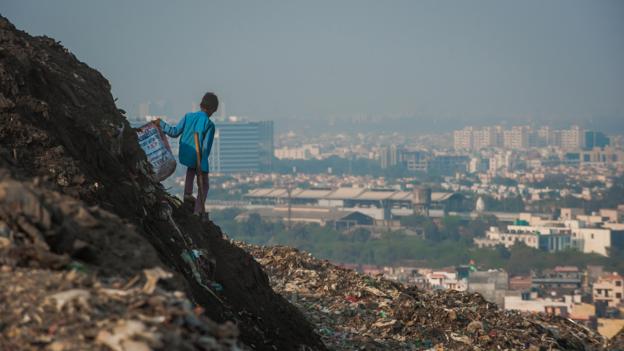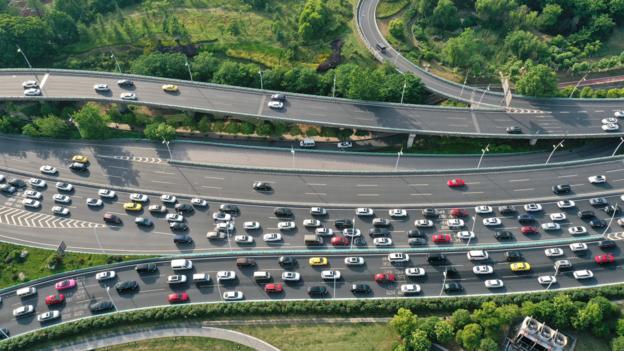A group of Australian researchers have recently developed software that may be able to detect landslides as far as two weeks in advance, giving rubbish heap residents time to evacuate and engineers the opportunity to secure terrain. The AI system makes use of applied mathematics to help identify signs of an impending slide: miniscule cracks and subtle movements that presage a violent downward cascade. The hope is that artificially intelligent systems like this one might someday help monitor garbage city slopes and prevent disasters from reoccurring.
“We have been studying data on movements in granular materials to understand their ‘rhythm of failure’,” explains Professor Antoinette Tordesillas, of the faculty of science at the University of Melbourne and one of the lead authors of the study. Her laboratory experiments involved various types of granular material (i.e. sand, concrete, ceramics, rocks) which were loaded to failure – that is, until the solid disintegrated into pieces and collapsed. “What we discovered is a distinct rhythm in the stages preceding the collapse,” says Tordesillas.
Her technology uses the laws of physics to “steer AI to identify the right pattern efficiently”: that is, algorithms take into account ground motion, the dynamics of failure and known triggers of landslides such as rainfall (which weakens the grip between rubbish items and particles) in order to produce reliable data. Eventually, this data could be used to provide early, real-time prediction of slides in places like garbage cities, underground mines and steep mountain slopes.
A natural slope is made up of earth particles such as rocks or clay which have been bonded together over thousands of years. A rubbish dump, by contrast, is made up of solid waste particles like plastics, glass, metals, organic matter, paper and the like, which loosely hold their shape until a disturbance weakens them. Instability of dumpsites can happen for several reasons: improper compaction of waste, inadequate provision for drainage systems, decomposition of organic waste and potential slip surfaces within heaps of trash, moisture, methane-build-up explosions and dumping waste in excess of design capacity.
“Some of these factors make early waste slides’ prediction more difficult than earth slides,” says Isaac Akinwumi, a lecturer in Geotechnical Engineering at Nigeria’s Covenant University. The need for robust predictive technology is thus critical, particularly where developing countries are concerned: rubbish heap slopes there are often steeper than regulations allow in the US or the UK, material isn’t compacted in the same way and waste management companies don’t make site stability a priority, all of which can contribute to the propensity for slides. “If Professor Tordesillas’ tool can provide early warning before waste slides occur, then it will be a vital tool for preventing landslide disaster,” says Akinwumi.













